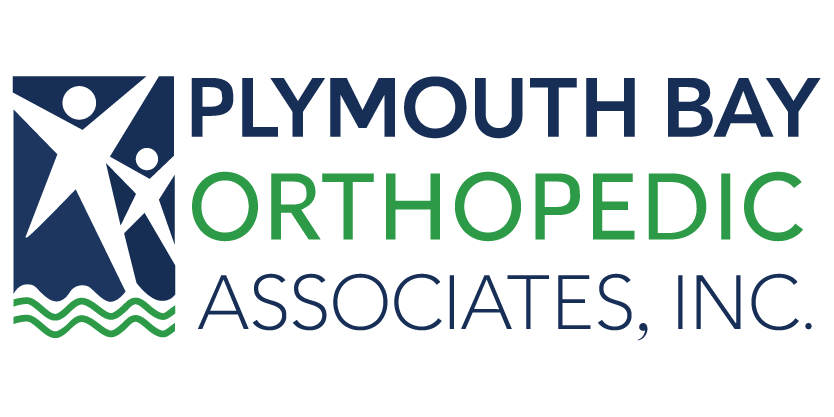When you have a herniated disc, one of the cushions between the individual bones in your spine is malfunctioning. The disc that sits in between the vertebrae of your spine could be compared to a jelly doughnut. It has a relatively hard outer core with a very soft interior. When a person has a herniated disc, some of that soft, jelly-like material that is in the center of the disc breaks through the harder exterior.
The herniation of the disc can irritate the nerves that are nearby. This causes severe pain, this causes severe weakness, and this can lead to numbness and tingling. Thankfully, the majority of people who suffer from a herniated disc do not need surgery. With a number of different techniques, many of them are able to go back to living a pain-free life.
There are various causes for disc herniation. For some people, disc herniation is the result of wear and tear that accompanies the aging process. As a person gets older, their discs lose some of the water content they had. As a result, the discs lose their flexibility and become more susceptible to forming a rupture or a tear. These ruptures or tears can happen with just the slightest twisting or straining motion.
Since a herniated disc can happen after a small movement, many people find it difficult to pinpoint the moment when they herniated their disc. Improper lifting is often a culprit. They may have tried to move a heavy object using their back muscles as opposed to squatting down and using their leg muscles to move the object. Other people may try to move a heavy object from one place to another using a twisting or turning motion during the lift. This can be another cause for disc herniation. Although it is rare, a more tragic or traumatizing event can lead to disc herniation. For example, if a person falls from a high level or if a person receives a blow to the back, these things can lead to disc herniation.
Some people are at a higher risk for getting a herniated disc. These include individuals who are overweight. The excess weight, especially excess weight carried in the midsection, can put a lot of strain on a person’s discs. This strain is especially felt in the discs of the lower back.
If you suspect you may have a herniated disc, get in touch with us at Plymouth Bay Orthopedic Associates and learn more about the available treatment options. Contact us today to book a consultation at our office in Plymouth, Duxbury or Sandwich!
